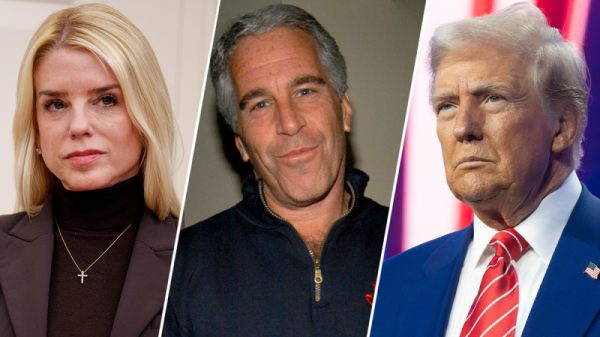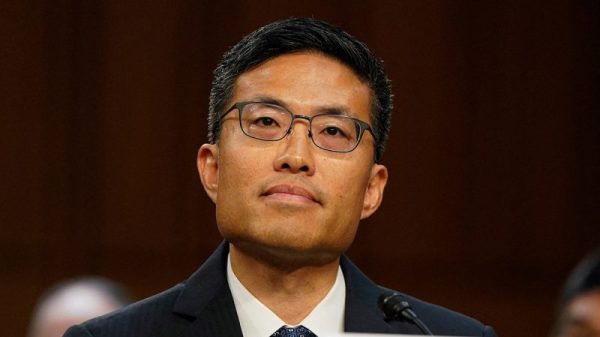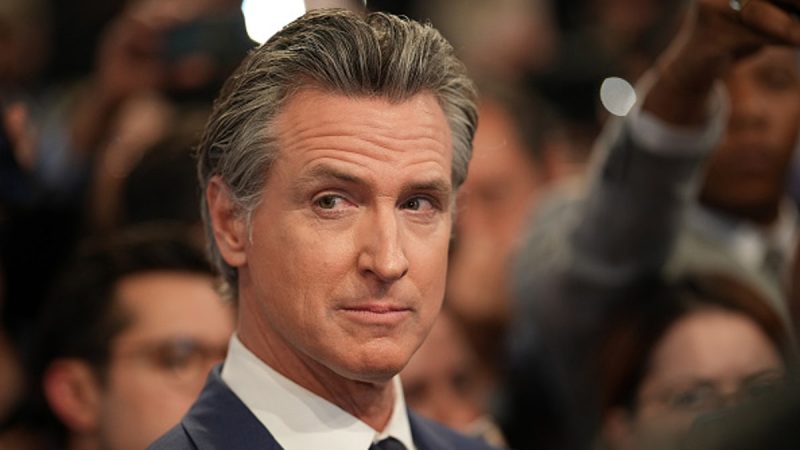In a world where technology continues to advance at an unprecedented rate, the implications of deepfake technology on matters as critical as elections are beginning to surface. The recent case of California Governor Gavin Newsom signing a bill into law that aims to address deepfake videos in relation to elections has sparked controversy and legal challenges in federal court.
The legislation, known as Assembly Bill 730, prohibits the distribution of deceptive audio or visual media of political candidates within 60 days of an election. The bill seeks to combat the rise of deepfake technology, which allows for the creation of highly convincing manipulated videos that can mislead viewers into believing false information.
While the intentions behind the bill are noble, concerns have been raised regarding its potential impact on free speech and political discourse. Critics argue that the law could be used to suppress legitimate political speech under the guise of combating misinformation. They suggest that the vague language of the bill leaves room for subjective interpretation, potentially leading to censorship and the limitation of political expression.
The legal challenges facing the bill highlight the complex and evolving nature of regulating deepfake technology. As advancements in artificial intelligence and digital manipulation continue to blur the lines between reality and fiction, lawmakers are faced with the daunting task of balancing the protection of democratic processes with the preservation of individual freedoms.
One of the key questions surrounding the issue is how to effectively distinguish between genuine content and manipulated media in an era where visual evidence can be easily fabricated. The ability to detect deepfakes with precision and accuracy is crucial in upholding the integrity of elections and ensuring that voters are not deceived by false information.
In addition to legal measures, combating the spread of deepfakes also requires a concerted effort from technology companies, media organizations, and the general public. Developing robust detection tools, increasing media literacy, and promoting critical thinking are essential steps in mitigating the harmful effects of digital misinformation.
As the debate over deepfake regulation unfolds in courtrooms and legislative chambers, it is clear that finding a comprehensive solution to this complex issue will require collaboration and innovation across multiple sectors. Safeguarding the integrity of elections and protecting the democratic process in the digital age will undoubtedly be a challenging but necessary endeavor for societies around the world.


































